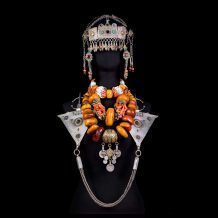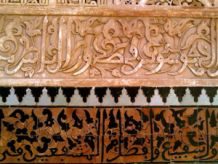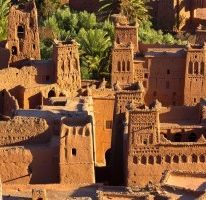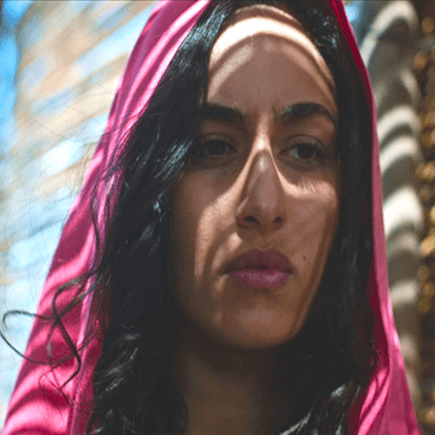
Moroccan Director
Top 3 Moroccan Film Directors Making an Impact on World of Cinema
Morocco’s luminous and diverse landscapes have inspired both international and Moroccan filmmakers to create legendary films. International productions of historic movies such as Lawrence of Arabia by David Lean, Orson Welles’s Othello, and The Sheltering Sky by Bernardo Bertolucci have been filmed in Morocco. These landmark additions to global cinema have showcased the country’s landscapes, documented modern and biblical scenes, and lent to viewers’ discovery of cultures. With the increase of international airlines launching direct routes to Morocco to accommodate tourism, this new gateway into Europe and Africa serves filmmakers as well. In just a few hours, London and Paris film crews can have easy access to the bustling city of Casablanca and Marrakech. Flights from New York City, Washington DC and Atlanta are also available and just under eight hours from Casablanca.
The result of an increased number of international flights is new attention to growing Morocco’s cinematic world. Even the Moroccan government has taken an active role to help foreign companies organize projects such as music videos, commercials, documentaries, and feature films. The highlight for many is Morocco’s boom in International Film Festivals and attention now being paid to Moroccan Film Directors. Three Moroccan Film Directors Making an Impact on the World of Cinema are Hicham Lasric, Nabil Ayouch, and Narjiss Nejjar.
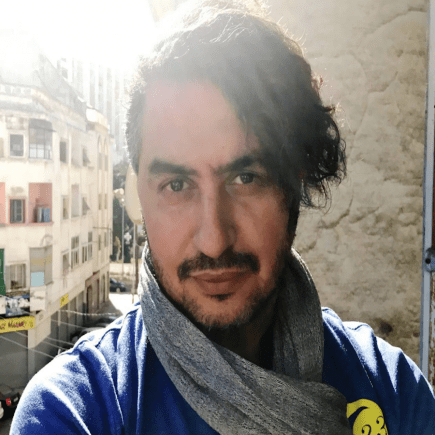
Hicham Lasric, The Arabic, Punk Film Director
By age 31, Hicham Lasric was already making a name for himself as an artistic director, scriptwriter, writer, and poet. The cinema prodigy was born and raised in Casablanca and is considered Morocco’s “Arabic punk film director.” The third chapter of his “dog trilogy”, Jahiliya, will show at FIFM 2019. It is considered the darkest chapter of the series and shows the stories of six characters, each located in different parts of Morocco. The film pulls back the curtains on Morocco’s real but less discussed subjects: violence, humiliation, social relations between men and women, and the social and economic gaps between contemporary Morocco’s privileged and disenfranchised. The film also references a historical event about the “feast of sacrifice” that took place in 1996. Jahiliya sends strong messages and confirms his position as a fearless and rebel filmmaker in the Arab world. Lasric is also a novelist. “I wrote one science fiction book and will release something towards the end of 2019. In my exhibition at Casablanca Design Week, I displayed works from my new Graphic Novel, Golderac. I drew a big robot that was coming out of a mosque. I want to show the different faces of Morocco.”
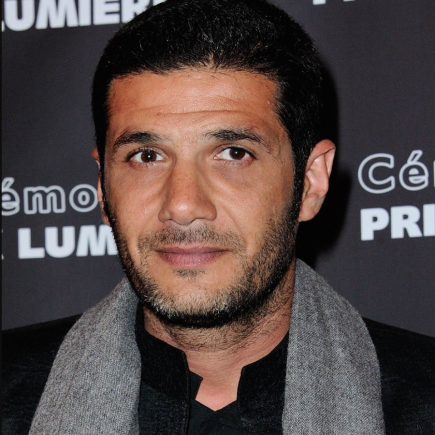
Nabil Ayouch, Casablanca’s French-Moroccan Film Director, Producer and Screenwriter
A French-Moroccan film director, producer, and screenwriter based in Casablanca. His works have made an impact since his first feature film Mektoub (1997). The French-Moroccan drama was entered as the Best Foreign Language Film at the 71st Academy Awards. His first short film Les Pierres bleues du désert (1992) was also well received and coincidentally launched the career of French-Moroccan comedian and actor Jamel Debbouze. Ayouch’ has produced over 40 + multi-genre films produced and his work aims to make a social impact. He presents real-life subject matters to shed light on difficult and important topics. In 1999, he launched Ali n ‘Productions and became recognized for films like Ali Zaoua: Prince of the Streets (1999). The film put a spotlight on three Moroccan street kids living in Casablanca; they escaped reality by sniffing glue. The plot describes how they fled from Dib, a local street gang. It also shows their fear to receive painful revenge. Ali Zaoua received 21 wins and 3 nominations. Another insightful film was Horses of God (2012). The fictional story was inspired by the May 16th, 2003 suicide bombings in Casablanca. It won six awards and had two nominations.
Recently, Ayouch reappeared in the public eye for his participation in Adam, nominated as Best International Feature for the Oscars 2020. The film was directed by Moroccan director Maryam Touzani and awarded the El Gouna Bronze Star for Narrative Film. Adam put attention on the subject of single unmarried mothers in Morocco. “In a country like mine, it’s the biggest shame for a woman to have a child out of wedlock. She doesn’t want to disappoint her parents so she cannot tell the truth, ” said Touzani. Adam is the 15th film to be submitted to the Oscar’s since Roschdy Zem’s Omar Killed Me (1977).
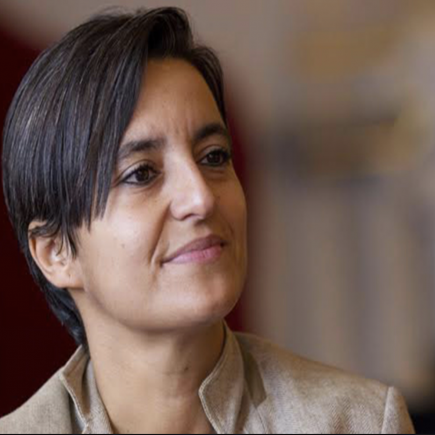
Narjiss Nejjar, Documentary Film Maker and Director from Tangier
A Tangier born director. Since 1994, she has been sparking the attention of audiences with her short and impactful documentaries, the first of which was The Demand for Dignity. Her 2003 drama Cry No More, tells the story of a former prostitute released from prison after a 25-year sentence. It was featured at the Director’s Fortnight Cannes Film Festival (2003). The film describes the main character Mina’s return to her Berber village of prostitutes. Upon discovering her daughter’s fate will parallel her past, she begins a plan to stop the sex work-cycle in the village. The 2019 FIFM Festival will play Nejjar’s film Stateless (بلا موطن). In the film, Nejjar speaks out at the hypocrisy of borders. She tells the story of Hénia, a young woman who was orphaned in her childhood and lost her identity when her Moroccan father disappeared along with her papers. Stateless describes her opportunity to reclaim her identity by marrying an old man she is assigned to care for.


